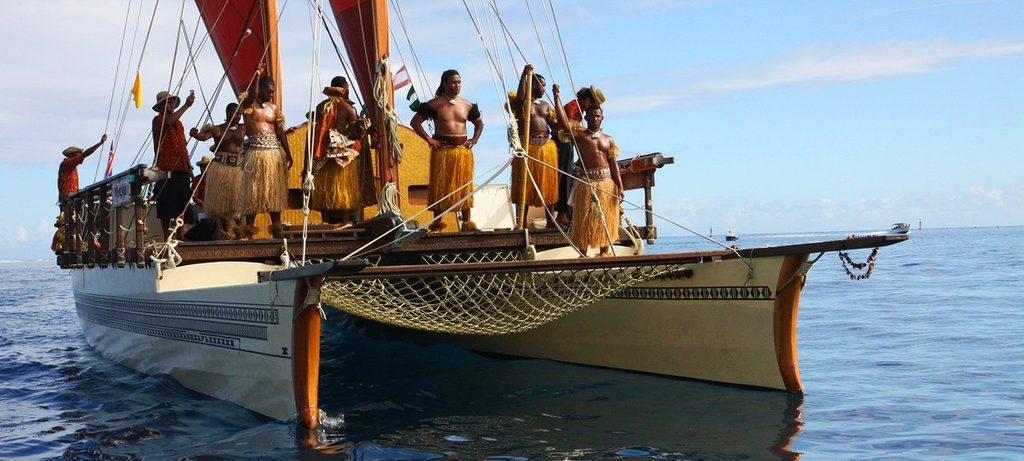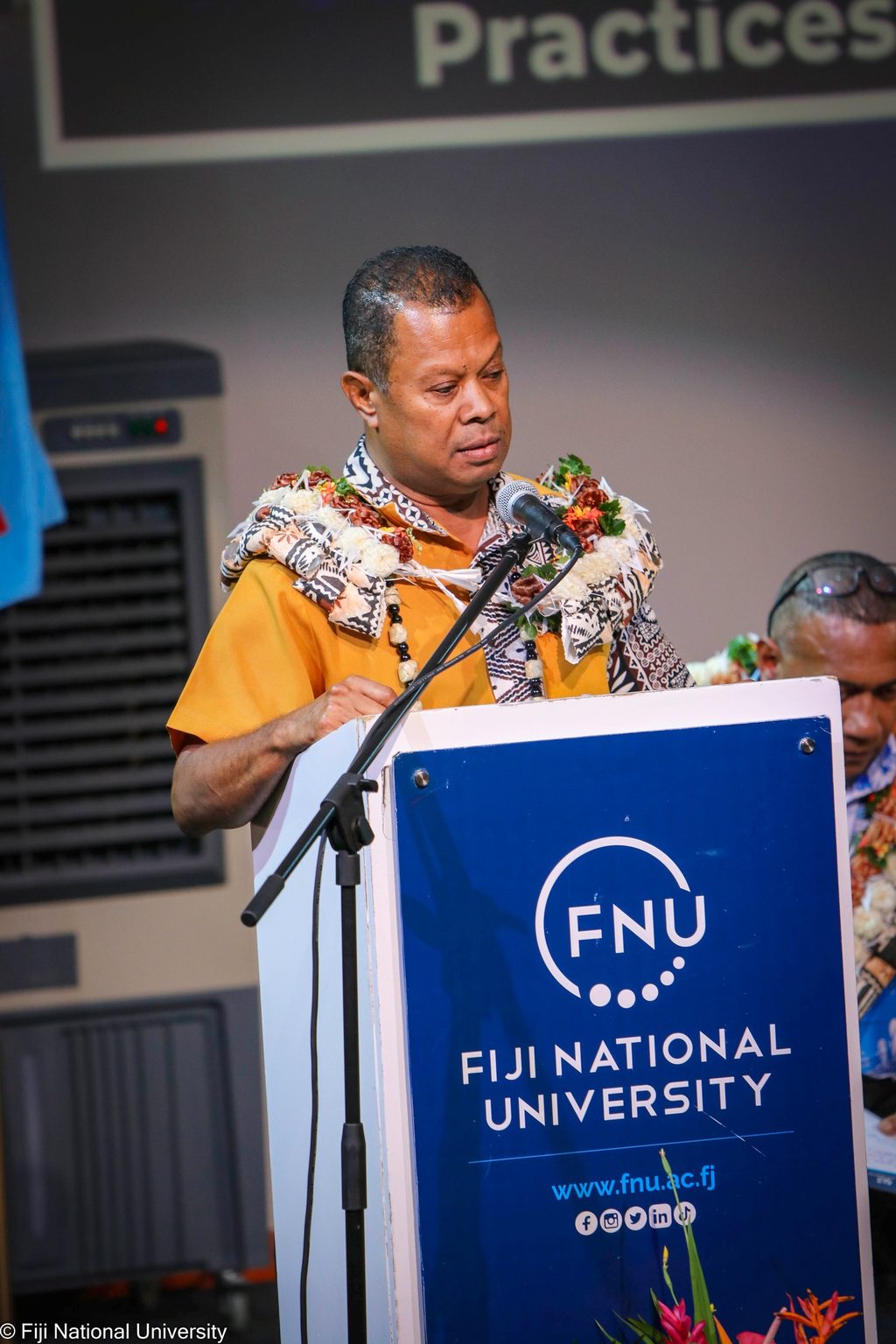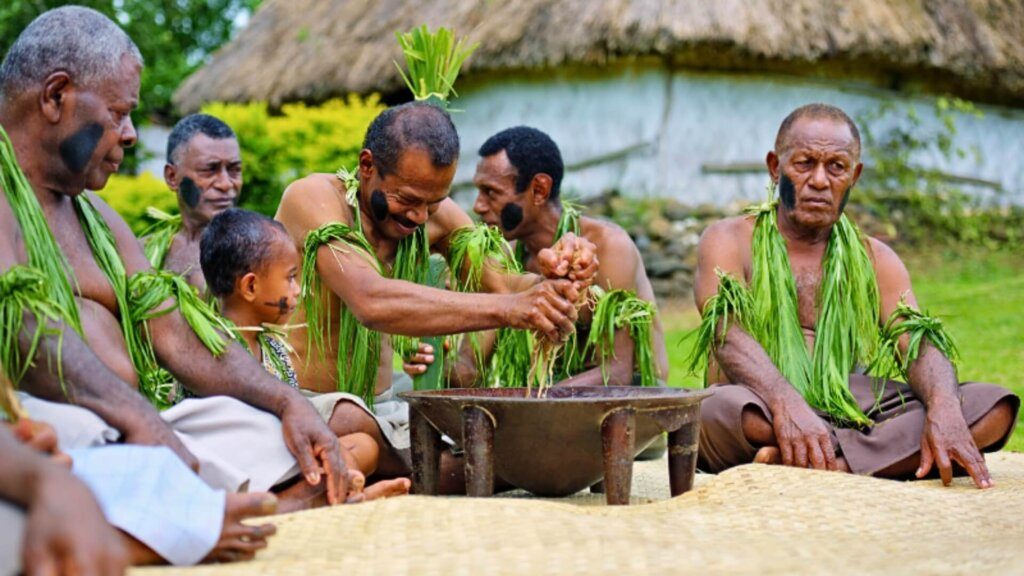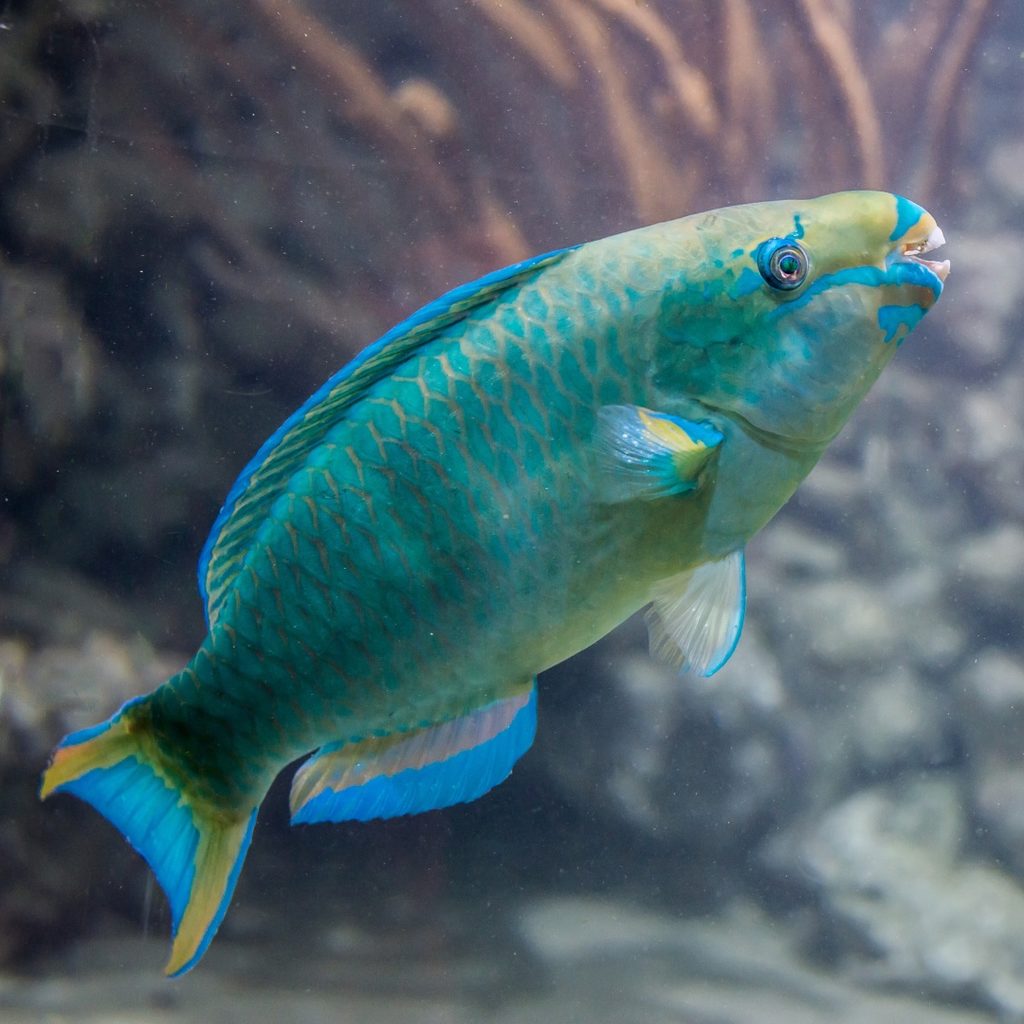For centuries, indigenous Fijians navigated the vast Pacific Ocean, sustained their communities, and preserved their environment through a deep understanding of the natural world.
While today’s scientific discoveries are often framed within complex Western paradigms, much of this knowledge had already been ingrained in Indigenous traditions—taught through myths, songs, and poetry.
Fijian cultural expert Simione Sevudredre shed light on the enduring wisdom of indigenous science and the need to reclaim and preserve it during a lecture at Nasinu’s Fiji National University campus last week.
The role of education in understanding knowledge
Sevudredre’s stance on indigenous science is rooted in his background as an educator. Early in his career, he focused on theories of education and psychology, studying how the human mind evolved and absorbed knowledge.
He recalled a fundamental lesson from his training saying: “During our practical sessions, we were told the best teacher was one that could simplify the complex.”
This principle, he explained, mirrored the way indigenous Pacific societies had passed down knowledge for millennia.
One such example was the Pacific concept of ‘ocean guardianship.’ Rather than relying on abstract theories or scientific reports, indigenous communities distilled the essence of environmental stewardship into oral traditions.
“In Fiji, these stories took the form of myths and deities,” Sevudredre explained.
These narratives not only served as moral and cultural compasses but also embedded ecological wisdom into everyday life.
Mythology as a framework for conservation
The mythology of indigenous Fijians was deeply intertwined with the ocean, reflecting its sacredness. Many deities were seen as protectors of the seas and its creatures.
One such deity was Daucina, or the Torchbearer, the ancient patron god of seafaring. According to legend, he guided lost sailors back to land with a bright light.
Then there was Dakuwaqa, the famous shapeshifting shark god, known to both protect and challenge those who ventured into his waters. Rokobakaniceva, an octopus deity, and Tui Naikasi, a giant turtle, further highlighted the ocean’s deep spiritual connection to the indigenous Fijian way of life.
These myths instilled respect, responsibility, and a duty to ensure that the ocean’s resources were used sustainably.
“Unfortunately, the advent of Christianity ultimately led to the demonising of these ancient guardians and myths,” Sevudredre noted.
The marginalisation of indigenous science
Indigenous science began to lose its prominence with the arrival of Western scientific frameworks. Sevudredre pointed to Fiji’s cession to Great Britain in 1874 as a pivotal moment when Western values began to overshadow indigenous knowledge systems. Yet, he insisted that this knowledge never truly vanished.
“But hang on, our knowledge did not entirely disappear.”
Instead, it remained dormant, waiting for the right moment and the right people to revive it.
He argued that Indigenous science was not only valid but remarkably advanced. While modern researchers spent years studying marine life, Indigenous Fijians had already made many of these observations centuries ago.
He recalled a childhood memory of his grandmother singing a lullaby called teitei ulavi, a nursery rhyme that taught coastal children about the sleeping habits of the parrotfish.
“So long before science knew this, it was the stuff of babies, in the form of a nursery rhyme,” he said.
The poem even identified three species of parrotfish—tivitivi, balagi, and ulavi—referencing their common sleeping behaviour of burying their heads in the sand.
“The fact that all these three fish belonged to the same species and slept the same way was known centuries ago. That’s indigenous science.”
Reclaiming traditional knowledge
Despite the marginalisation of indigenous science, there was an urgent need to reintegrate it into modern society.
Sevudredre referenced the Fijian philosophy of na noda, na keda, na meda—which translates to “ours to own, ours to eat, ours to drink.” This concept underscored the collective responsibility of the community over natural resources, contrasting sharply with the individualistic ownership models encouraged during colonisation.
Prior to colonial rule, Pacific peoples shared a relational bond, where cultural practices, beliefs, knowledge, and customs intertwined. National sovereignty and borders were foreign concepts; instead, communities saw the land and ocean as belonging to everyone. This mindset fostered sustainability and respect for the environment, something modern society could learn from.
Sevudredre invoked the wisdom of renowned African author Chinua Achebe to emphasise the importance of preserving indigenous traditions: “When a tradition gathers strength over centuries, you do not turn it off in one night.”
The same applied to indigenous science—it was not a relic of the past, but a living body of knowledge that continued to hold relevance.
The time had come to recognise and reinvigorate indigenous science, not as a secondary or outdated form of knowledge, but as a legitimate and sophisticated way of understanding the world.
By revisiting myths, songs, and oral traditions, Fijians—and other indigenous peoples—could reclaim their ancestral wisdom and apply it to contemporary challenges, from environmental conservation to sustainable living.
The insights shared by the renowned Fijian cultural expert shows us that science was not just found in textbooks or laboratories.
Sometimes, it was woven into the songs sung by grandmothers, whispered through the stories of ancient deities, and passed down through the collective memory of a people who had always known how to live in harmony with their world.
The challenge now was not to rediscover this wisdom—it was never lost—but to honour and integrate it into the present and future.
The Fijian vessel ‘Uto ni Yalo’ – Sevudredre stated that indigenous knowledge remained dormant, waiting for the right moment and the right people to revive it.
Picture: UNITED NATIONS

Sevudredre addressing the audience during the lecture on indigenous knowledge at FNU last week. Picture: FIJI NATIONAL UNIVERSITY

A traditional yaqona ceremony. Picture: TOURISM FIJI



